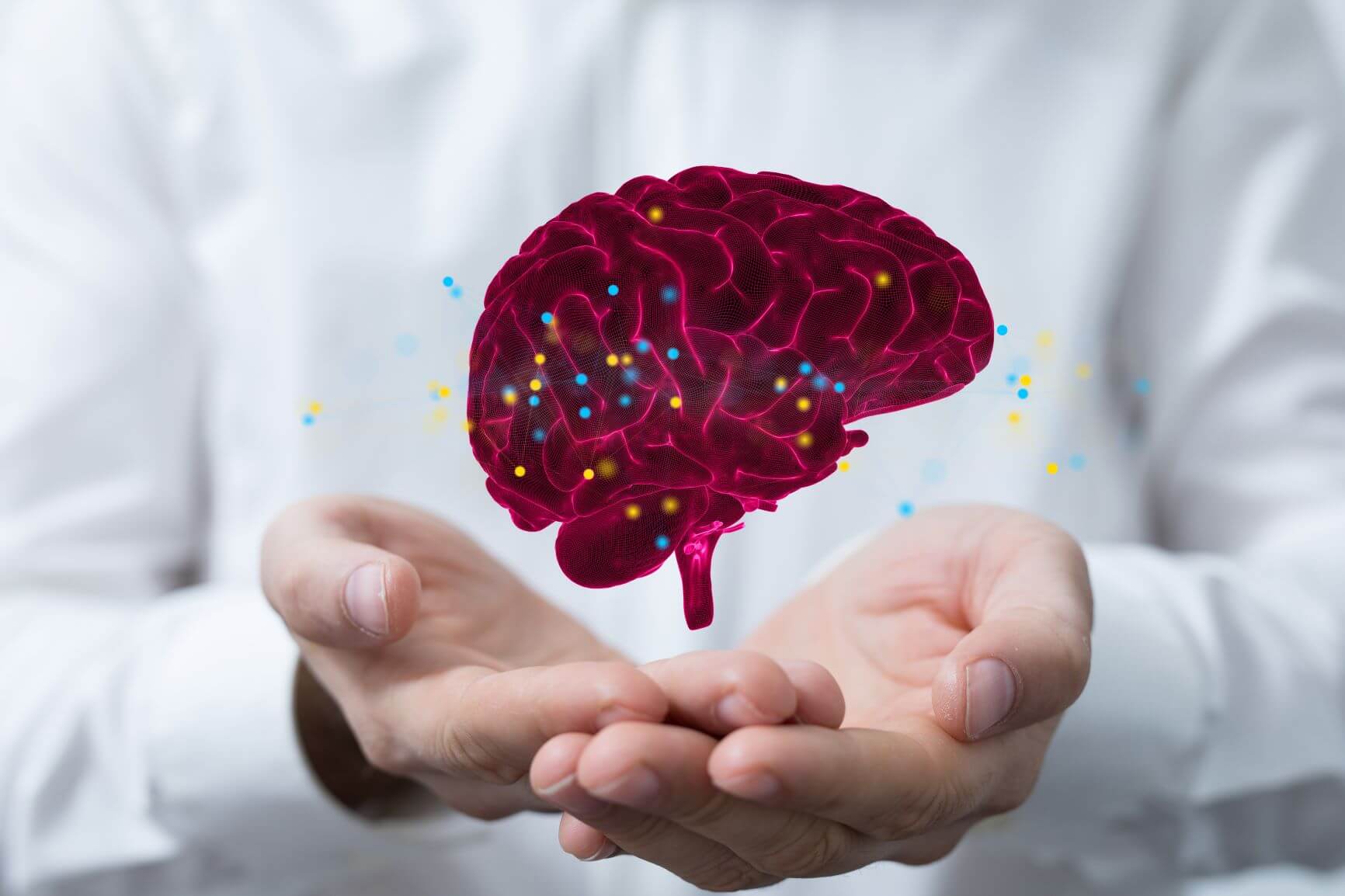The history of cognitive training, as we know it today, begins in the late 1990s and early 2000s when researchers involved in cognition in various laboratories around the world took tasks they had developed in the lab for learning different cognitive abilities and turned them into training. For example, a very well-known task called N-BACK, which tests working memory, can be found in almost every cognitive training software, including Lumosity (the most famous one). During those years, cognitive training was less game-like and mostly aimed at specific developmental issues, such as concentration problems or learning disabilities.
Over time, different cognitive training programs were developed, offering more variety and accessibility to a wider audience, as a product on the market intended for all ages. The cognitive training market expanded with the development of technology, which enabled almost everyone to have access to computers and even smartphones. Nowadays, most of us are accustomed to computer games and apps, which means we can train anywhere and anytime, such as in rehabilitation clinics, at home, in bed, or while traveling on public transportation.
The Connection between Cognitive Skills and Life Success
Cognitive training programs are based on practicing fundamental cognitive skills such as attention (the ability to selectively attend to relevant information), working memory (the ability to actively remember relevant information for a task), or executive functions (a system of processes for controlling and regulating emotions, thoughts, and actions). The focus on these skills arises from the fact that there are significant differences among individuals, and the level of functioning in those skills is related to intelligence and academic achievements. In other words, fundamental cognitive skills are vital for success in life.
Cognitive Training: A Historical Perspective
Plato, Buddhism, and Cognition
Even in ancient Greece, Plato encouraged his students to practice mental calculations to sharpen their thinking processes and become more sharp and quick-witted when engaging in intense philosophical discussions. Additionally, Buddhist texts from the 3rd century BCE dealt with improving the MIND, meaning the human capacity to think, feel, and be aware of both our personal experience and the external environment. The Buddhist world already understood in the 3rd century BCE that the MIND needed to be trained so that it would enable us to have a good relationship with ourselves and the environment.
Mental exercises for memory improvement, with an emphasis on long-term memory, existed even before the industrial revolution. By the end of the 19th century, with the rise of spiritual movements, pamphlets called for brain training (Phrenology’s brain regime) to strengthen the soul and enhance mental power. Phrenicism, a brain training program that reached public awareness in the United States and Britain, combined self-help exercises with repeated performance of cognitive tasks, such as playing cards, to enhance concentration. By the late 19th century, the first commercial brain training program had attracted over 500,000 customers worldwide.
Catherine Aikman’s Attention Training System
In the late 19th century, Catherine Aikman, a teacher from Connecticut, developed an attention training system for students in the school where she taught. She required them to invest about 15 minutes a day in short training sessions to strengthen their attention and memory. Aikman published two books that detailed her training program and provided fascinating descriptions of field research she conducted on her students. Her goal in improving students’ attention was seen as a necessary step to enable them to immediately recall information, hold it in mind, use it for thinking, and ultimately have good control over their minds. In other words, she believed that her program would lead to impressive academic achievements.
In 1907, a researcher from Cornell University named Whipple presented research he conducted in his lab on the effects of Aikman’s training program at a meeting of the American Association for the Advancement of Science
Cognition and Quality of Life – How and whether cognitive training affects our quality of life?
Developmental psychologists who believe that thinking is a crucial component of human behavior have developed programs to improve cognitive skills with an emphasis on a good learning experience. For example, Piaget argued that there is a direct correlation between motivation, self-confidence, and cognitive abilities. Programs to improve frontal functions, i.e., executive functions, have also been developed for individuals with cognitively demanding jobs such as pilots.
It is important to note that cognitive training also has an impact on quality of life and resilience. In recent years, there have been numerous studies on the use of cognitive training based on a simple memory task for women recovering from breast cancer. The studies report that the training improved the sense of well-being, which is a measure of the quality of life. The same simple cognitive training was also measured in individuals with a tendency for anxiety, and it was found to contribute to a decrease in the sense of emotional distress. These diverse findings suggest that there is likely a common mechanism related to cognitive control that can be trained and lead to improvement.
In general, when we compare the old world to the present world, we see significant differences in the cognitive demands placed on us. In the past, it was clear that we needed to reason, remember, learn to think critically, spell, and spend hours upon hours in the library. However, in the modern era, many of these abilities are not required of us due to the availability of information. Thus, we are in the process of undergoing a significant change in how we use our brains. Cognitive skills are adapting to the new world, and so are cognitive training methods.










